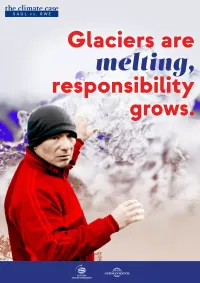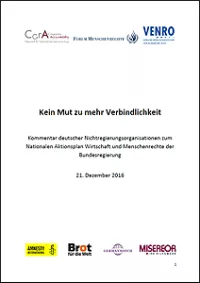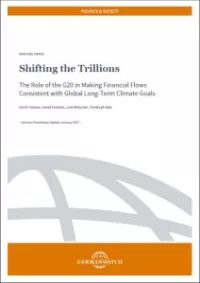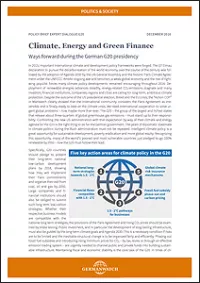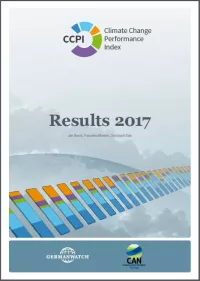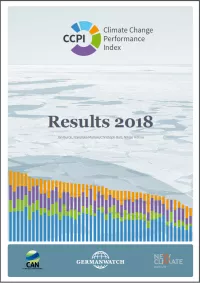
Under the Paris Agreement, for the first time climate action was anchored in the context of international law. This requires countries to make their own unique contribution to the prevention of dangerous climate change. The next crucial step to follow this agreement is the rapid implementation by the signing parties of concrete measures to make their individual contributions to the global goal. For the past 13 years, the Climate Change Performance Index (CCPI) has been keeping track of countries’ efforts in combating climate change. The varying initial positions, interests and strategies of the numerous countries make it difficult to distinguish their strengths and weaknesses and the CCPI has been an important tool in contributing to a clearer understanding of national and international climate policy.



